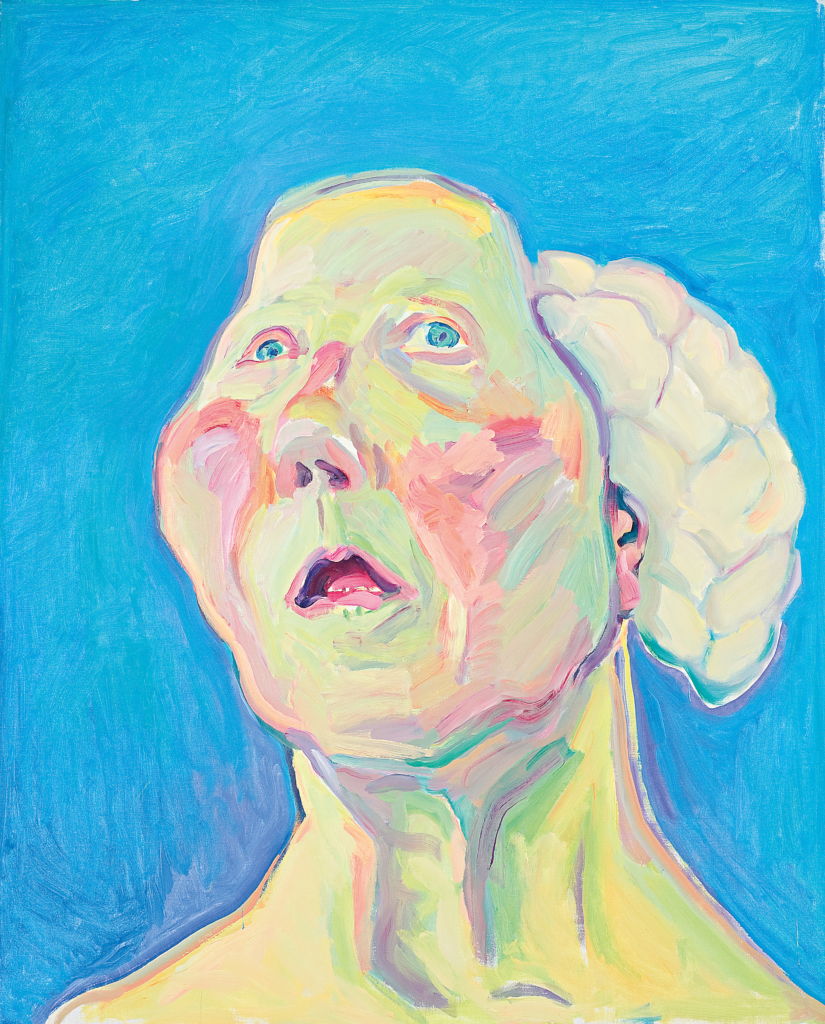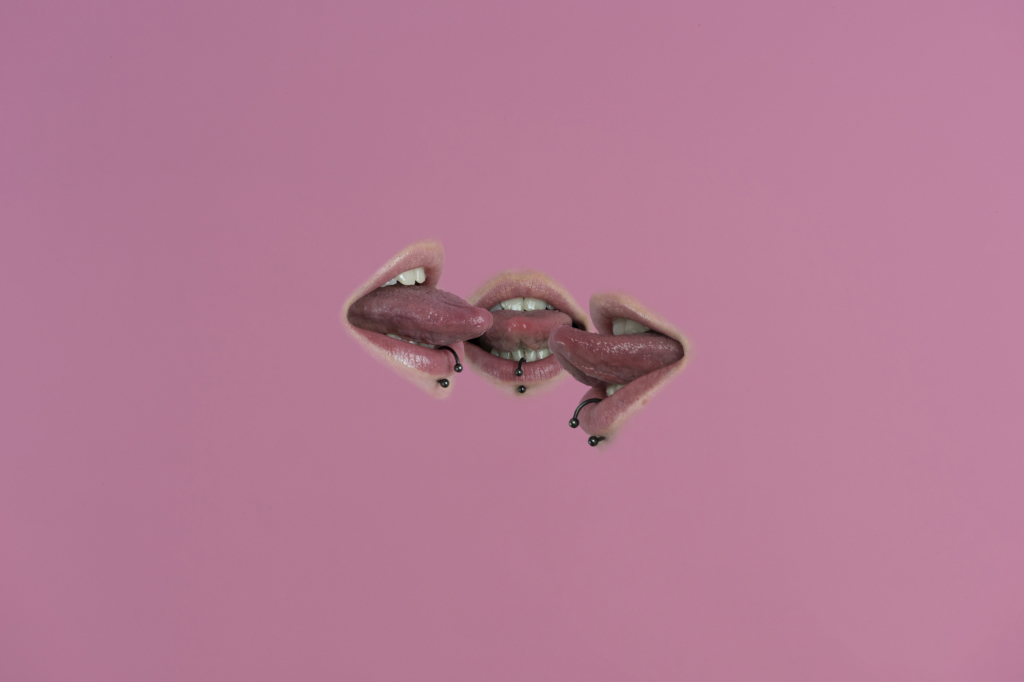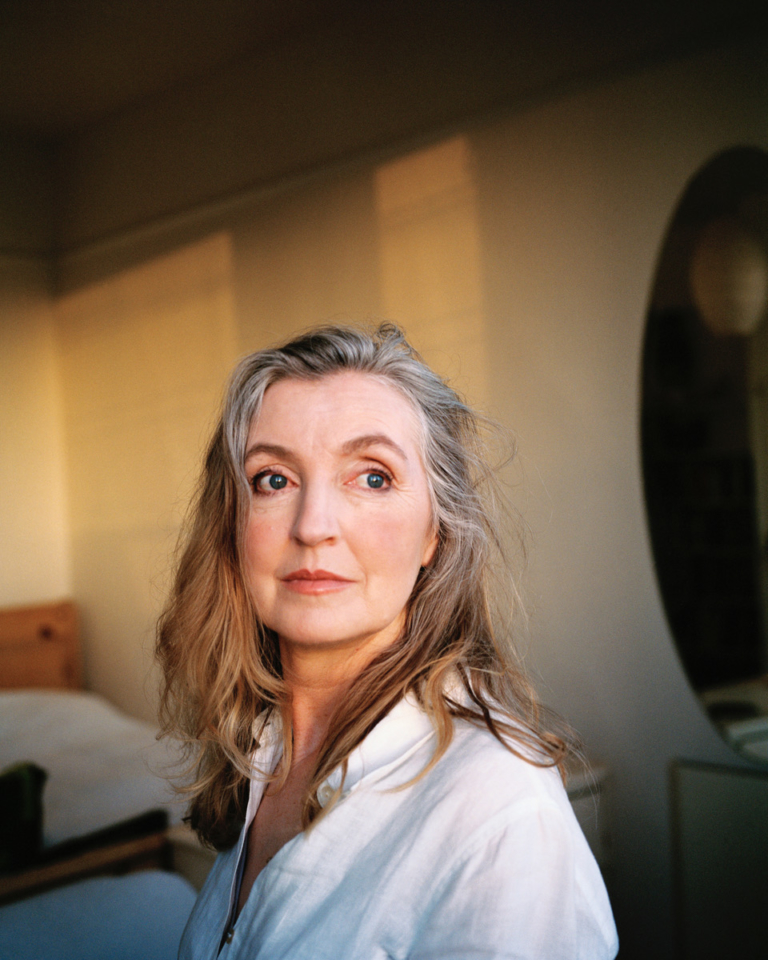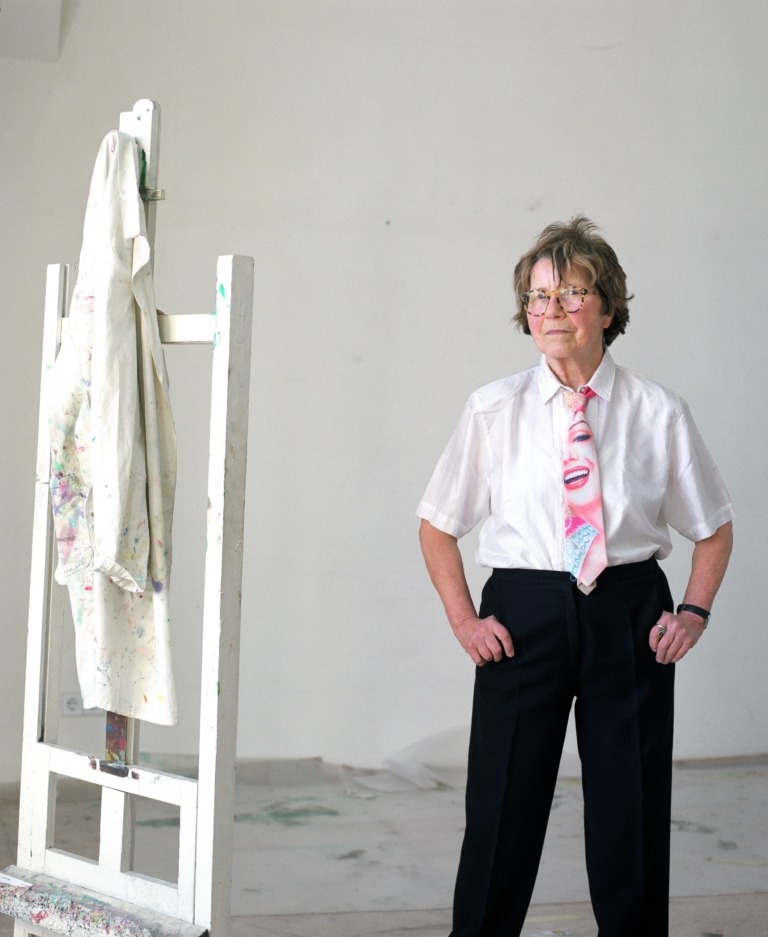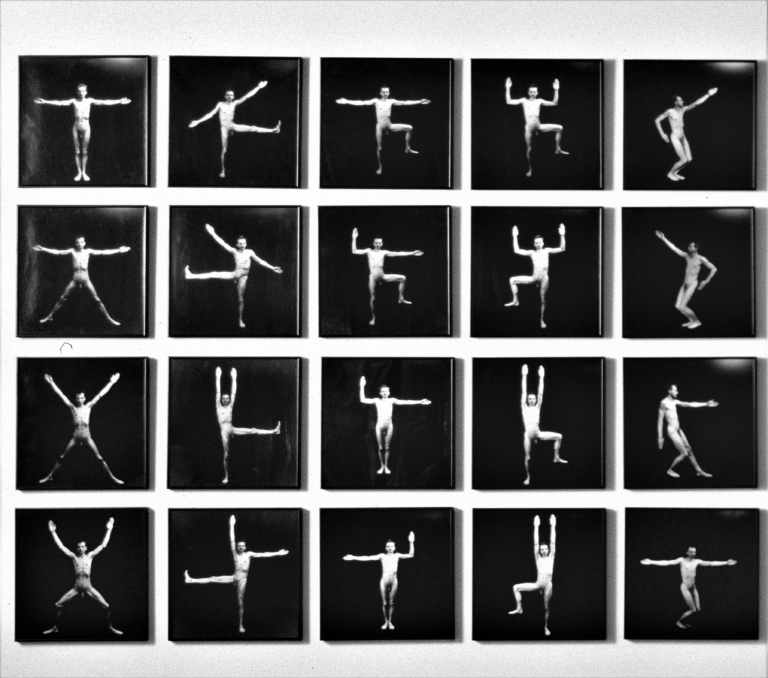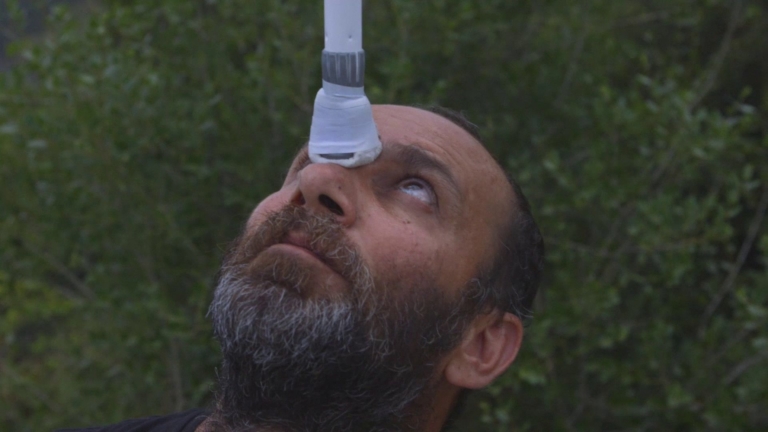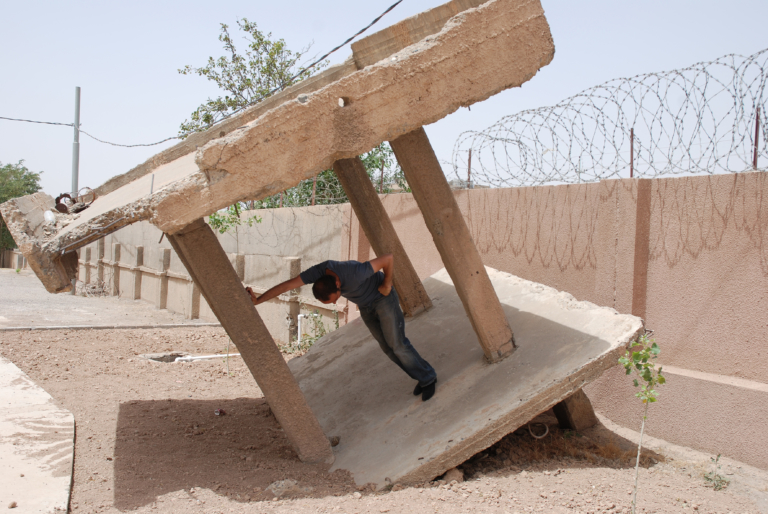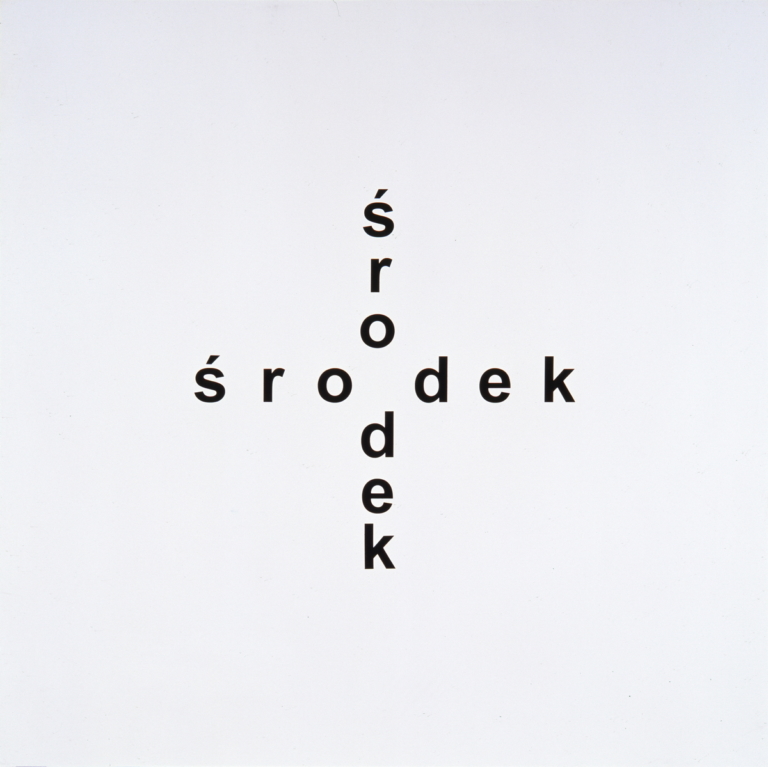Since 2018, Zachęta has been running summer projects under the shared title of Małachowski Square. This year’s edition combines artistic and educational activities, once again opening the space of the square to viewers, artists and activists. One of the events is the programme Living a Feminist Life, which is a continuation of Languages of Radical Sensitivity – online discussions and workshops from autumn last year. The 30th issue of Zachęta Online Magazine, published in July, was inspired by this programme and deals with issue of language and sensitivity to exclusions and otherness.
We begin the issue with a conversation between the authors of the Living a Feminist Life programme — Magdalena Komornicka, Agnieszka Różyńska and Liliana Zeic (Piskorska). ‘We’re used to language being a system of symbols and meanings we use to describe reality. But language has a great deal of performativity in it, and it is not just a description, but a component of the reality we all create together. If we put a “filter” of radical sensitivity over our communication, it’ll turn out that, among other things, we listen differently, more deeply, that we can hear things that are new, strange or incomprehensible to us’, says Różyńska.
We also recall the meeting with Rebecca Solnit, which was hosted by Magdalena Komornicka and Agata Sikora in November 2020. The American author’s lecture, titled ‘The Personal is Political’: Twenty-First Century Versions is the story of feminism understood as a method of analysing relationships based on inequality — the power of some and the powerlessness of others. Moving into the field of art, we encourage you to listen the presentations of the researchers from the Becoming female in history symposium, organised on the occasion of Maria Lassnig’s exhibition at Zachęta in 2017.
We also bring up the subject of contemporary refugeeism and Hiwa K’s exhibition Highly Improbable, But Not Impossible, as well as the moving meeting of the artist with the audience, held on the occasion of the opening of the exhibition curated by Aneta Szyłak.

